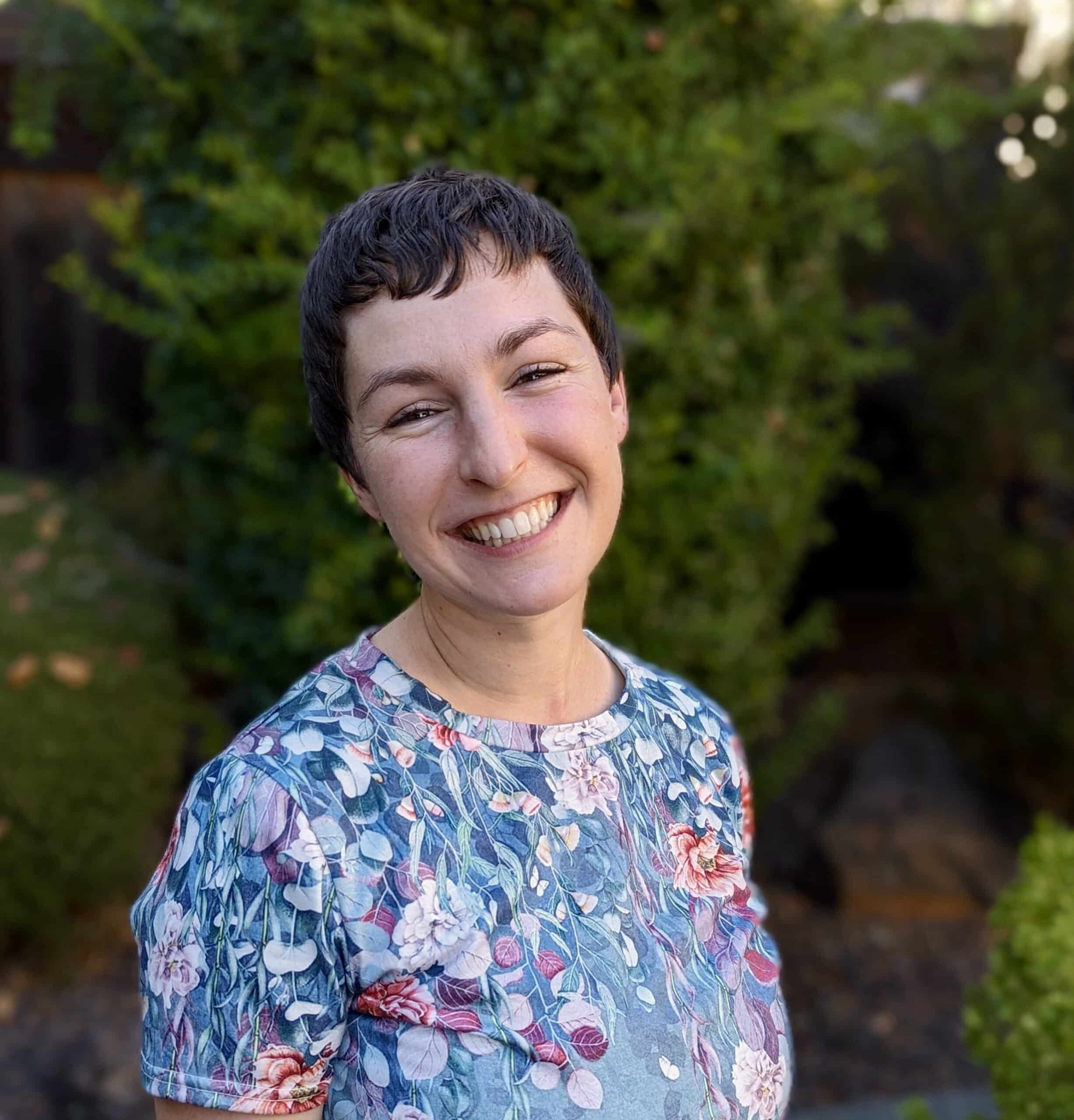Obsessive-compulsive disorder, more commonly known as OCD, affects millions around the United States. While it often goes undiagnosed, there is treatment available for OCD. Understanding what OCD is and if you have it could be the first step to treating OCD.
Working with the proper doctors, psychiatrists, and therapists is one way to help you in your pursuit of treating OCD. Also, having a plan of treatment and or care can prevent your OCD from worsening. It is important to understand OCD and how it can affect your mental health. This is because OCD can lead to other mental health issues, such as depression and anxiety. Or it could be caused by other disorders such as bipolar disorder or schizophrenia.
What Is OCD?
OCD is a common and chronic disorder that can affect a person’s life. The symptoms include uncontrollable thoughts or behaviors that are repeated over and over. People experiencing symptoms of OCD may have compulsions or obsessions that they feel the need to perform. They may experience both behaviors.
These behaviors often have a profound effect on their relationships. Such behaviors can also affect their daily life during a work or school day. Knowing what to look for in yourself or your loved ones is vital in treating OCD and preventing this disorder from becoming a part of your daily life.
Understanding OCD: Obsessions
Obsessions are repeated urges or thoughts that cause a person to become anxious. This includes mental images that affect the person’s perspective on life. Obsessive thoughts may consist of aggressive or negative thinking towards others or the self. They may also include thoughts of considered taboo topics such as sex or harm. Another significant component of obsessions is the fear of contamination or germs.
Understanding OCD: Compulsions
Compulsions are defined as repetitive behaviors in response to obsessive thoughts. This could include urges to perform an action that the thought may have inspired, like washing your hands repeatedly.
A person with OCD is often someone who often checks things to make sure they are finished or in their proper place. They lose control over their obsessive thoughts and often can control their behaviors and rituals that go along with the thoughts.
Treating OCD
Studies have shown that this disorder can become resistant to treatment. However, there is hope for those experiencing OCD, and alternative strategies have become a regular part of treating OCD.
Those who are experiencing severe OCD can often be treated through exposure therapy techniques. These patients are often unresponsive to medication or traditional therapy techniques. Corner Canyon Health Centers employs a combination of medication and therapy when treating OCD.
Medication for Treating OCD
A doctor or a psychiatrist can prescribe medication for OCD. Medication that is common for OCD includes serotonin reuptake inhibitors or SSRIs. Although SSRIs tend to take weeks to feel effects, many patients have reported improvement in their symptoms.
Talk Therapy for Treating OCD
Cognitive-behavioral therapy, or CBT, is also a common treatment for OCD. Therapists can help a person come up with a plan of care to treat their worst symptoms. Therapists can also help those experiencing multiple mental disorders. This includes depression and anxiety caused by OCD.
Such treatment for OCD can go hand-hand with medication management. If using both treatment methods, a person can manage and cope with their symptoms slowly and effectively. Thus, ensuring that they do not develop more symptoms or make their symptoms worse.
Severe OCD Symptoms
While many people experience OCD, it is important to recognize that some experience OCD more severely than others. Those who experience severe OCD symptoms may have rituals of self-defeating habits that cause them to become introverted and reclusive.
It is important to know that if you are considering taking medication for your symptoms, you recognize that it may take time to respond to the medication. Medication can also be elusive because it may take a few different medications to determine what works for you. Managing your medications with a doctor or a psychiatrist is an essential way to cope properly.
Professional Help for Treating OCD
Treating OCD is not easy. However, there continue to be scientific improvements every day. Treating OCD begins with understanding that you are not alone in this fight. Corner Canyon Health Centers believes in the effectiveness of group therapy, one-on-one therapy, and other inpatient and outpatient programs to help you manage symptoms.
Knowing your symptoms and identifying if you feel you have OCD is the first step. If you are experiencing depression and anxiety or another mental disorder, talk with your doctor to see if it could be a sign of OCD. There is hope for those with OCD, and knowing how to manage your symptoms is key.
The experience of obsessive-compulsive disorder can often be debilitating. If you or someone you know feels as though they need help to combat this mental health disorder, there is hope. We here at Corner Canyon Health Centers are ready to help you in this fight. We provide both inpatient and outpatient treatment for those who need to take another step in their plan of care. Our programs have helped many people cope with and manage their OCD symptoms. We offer a wide range of treatment options that can help you in your journey to manage this disorder. Learn more today by calling (877) 717-6237 or visiting our facilities. We look forward to helping you on your journey.



